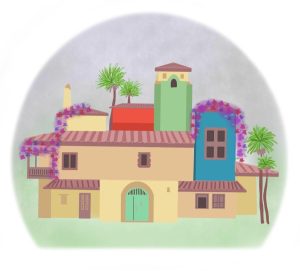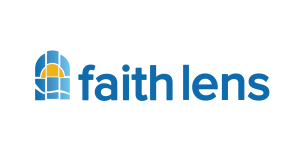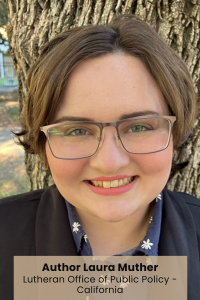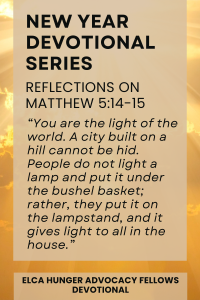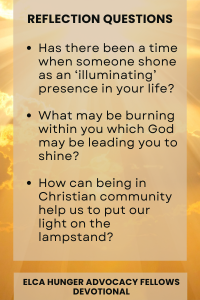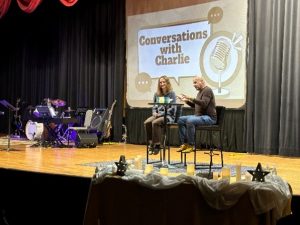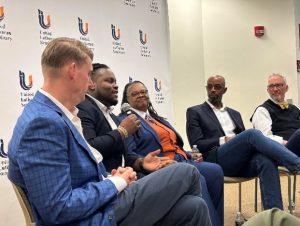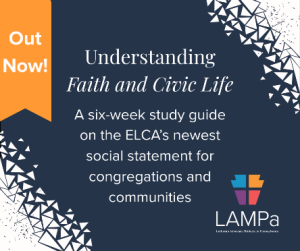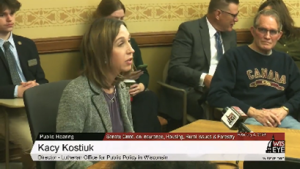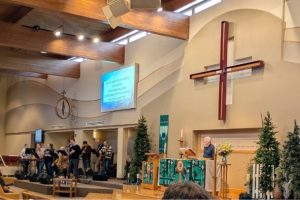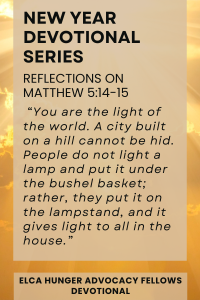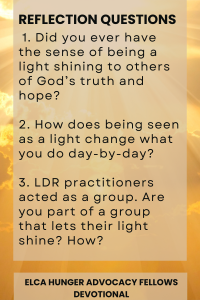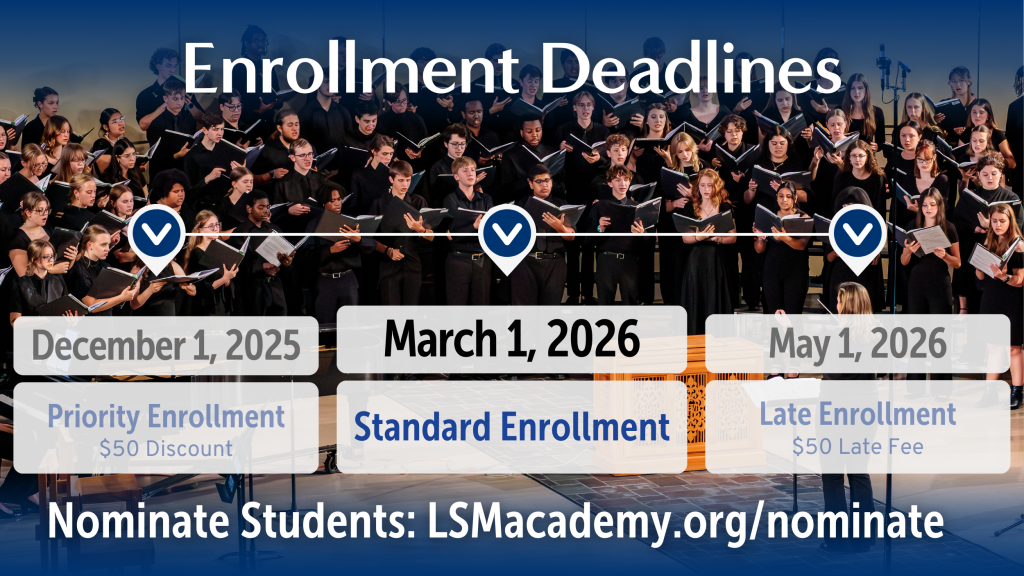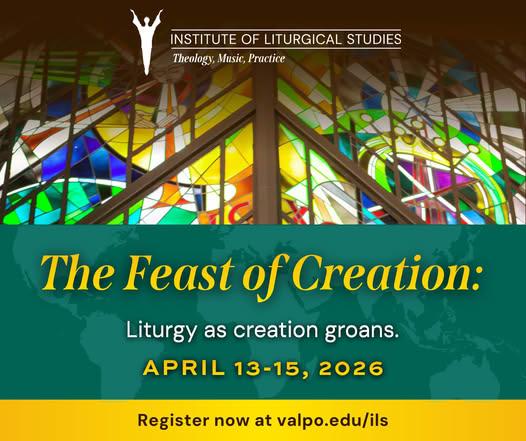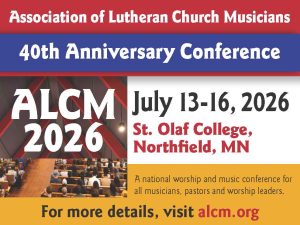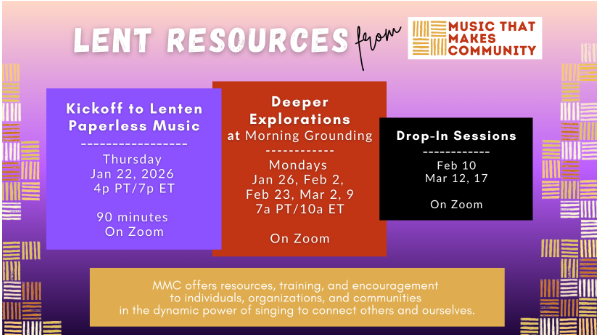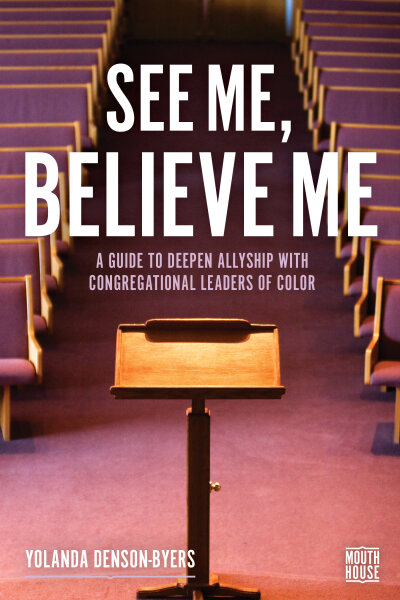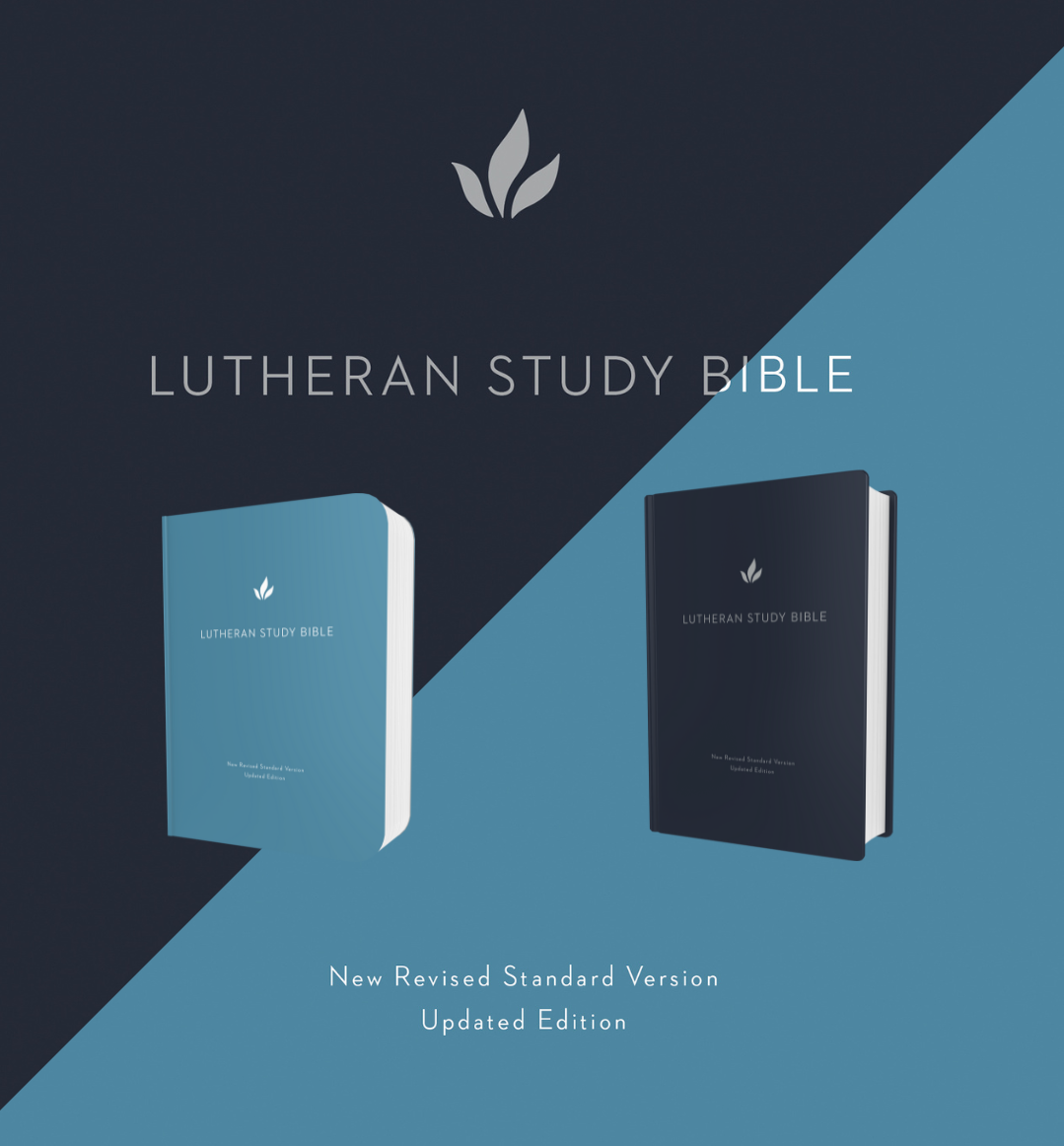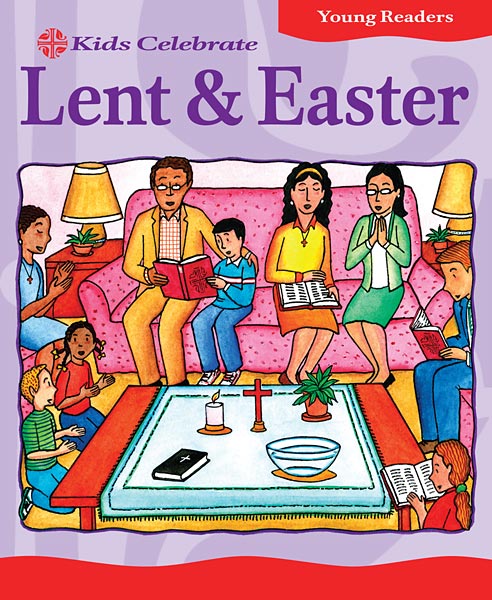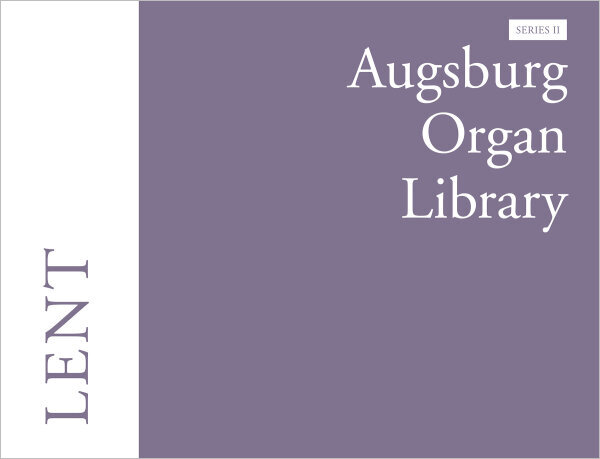Prepare
If last week’s text was weird, this text (Genesis 2:15-17; 3:1-7), commonly called the fall , has baggage. It is the story of the original sin, which we all inherit. So maybe it’s a story about our baggage, but it also has some baggage of its own. It’s weighed down by readings that continue the blame game of 3:12, which, even in the story, seems to make everything worse. Specifically, some interpretations of this text blame women for the fall. I would assume that people who know this story are familiar with those interpretations. I would assume people have feelings about those interpretations. It is important to acknowledge both those feelings and those readings.
It is helpful to note that the blame game doesn’t help. In verses 12 and 13, the man blames the woman, and the woman blames the serpent, and God assesses consequences on everyone. Blame is an attempt at control; however, there is so much of life that is always beyond our control.
In the article, I talk about guilt and shame. Guilt says, “I did a bad thing,” while shame says, “I am bad.” Both are important for this text. So, too, is reconciliation, where relationships are repaired and forgiveness is shared.
Opening Exercise
Give participants a stack of scratch paper or some index cards. Read a word, and have participants write down or draw the first word, phrase, or icon (it’s okay to invent one) that comes to mind. Count to three and then have the group reveal their response. Ask if anyone would like to share and explore together what is similar and what is different. Go as many rounds as make sense for your group. (I’m grateful to Lyle Griner’s Really, Really Greats! for this idea.)
- Fruit
- Snake
- Guilt
- Shame
- Good
- Evil
- Forgiveness
Alternatively, break up into pairs and ask:
- What is the difference between guilt and shame? Is one worse than the other?
- How do you cope with feelings of guilt and shame?
Text Read Aloud
The Knowledge of Good: God’s Answer to Shame
Isn’t it strange that this story doesn’t say that Eve—and Adam—felt guilty for eating the fruit of the tree of knowledge of
good and evil, but ashamed of their nakedness? Maybe it isn’t that surprising, because surely they had bumped into one another accidentally while gardening, or taken the last bite of something the other was hoping to savor? Guilt is the feeling we have when we’ve done something wrong—accidentally or purposefully—and we know it. Guilt says, “I did something bad.” But shame says, “I am bad.” When Adam and Eve eat from the tree of the knowledge of good and evil, what they know first is shame.
The family Madrigal in the Disney movie Encanto knows something about shame (for a quick plot refresher, you can watch the trailer here). The family is ashamed because Bruno’s gift doesn’t work the way they want it to. And they are ashamed because Mirabel isn’t given a magical gift like the rest of the family. Shame breaks apart their family’s home.
The knowledge of evil seems to be this: things are tangled up for us, and that tangledness makes it hard for us to do what is right. We live within systems that tell us because we don’t fit in just so, if we don’t look just so, if we don’t have certain things, then we should be ashamed. Adam and Eve realize they aren’t, in a sense, dressed properly, and now they know it, and it makes them ashamed. In other words, the first thing they learn from the tree is not some new sin; it is that they are exposed as inadequate. They’re ashamed. That is the knowledge of evil.
But if that’s the knowledge of evil, what’s the knowledge of good?
TITLE
The knowledge of good is the antidote to shame. Shame isolates, but reconciliation reunites. After the Madrigals’ Casita is destroyed by an earthquake, Mirabel runs away and her abuela finds her. They are reconciled. They work to repair their relationship and forgive one another. Think about the last big singing number. The family is all together, but the house is in ruins. Together, with their community’s help, they rebuild Casita. The knowledge of good is that God is always making things right, and we’re invited to be a part of it. That’s reconciliation. That’s the good.
Past the verses we read from this story, God gives consequences to the woman and the man and the serpent. They’re all going to have to leave the garden, but God takes the time to make clothes for them. God sees their shame and works to make things right, moving toward them, not away from them. God doesn’t abandon them.
It can be tempting to treat this story like humanity’s biggest mistake, but it certainly seems to me that this story is the beginning of God’s biggest triumph. The theologian Richard Rohr points out that Jesus is God’s Plan A, as in, Jesus isn’t the backup plan because we messed everything up so badly. Jesus is God’s ongoing pattern of reconciliation made visible. In Jesus, God is reconciling the world to God’s self (2 Corinthians 5:19). God isn’t counting our faults but working to restore relationship with us and with the world. This is the good.
This story can absolutely be the story about how sin entered the world. It can be the story about all the tangled-up realities of life on earth. It can be the story about broken relationships between God and humanity and between humans. And it can be the story about how God is committed—from the very beginning—to repairing, restoring, and reconciling. This is the knowledge of good.
Reflection Questions
Read the text again.
- What did you notice in the story this time that you hadn’t noticed before?
- Why do you think God put the tree of the knowledge of good and evil in the garden in the first place?
- What happens to Eve and Adam after they eat the fruit? What was supposed to happen?
- How do you think God reacts to us when we mess up?
Closing Activity & Prayer
Say a confession and forgiveness together, such as the one in Setting 12 in All Creation Sings (pgs. 29-30), or one that is familiar to participants. Before you begin, encourage them to listen for words of reconciliation: where God is forgiving and making things right for us, for everyone else, and for all of creation.
Bio
Adrianne Meier is an ELCA pastor who serves among the people at St. Thomas Lutheran Church in Bloomington, Indiana. When she’s not working—and even when she is working—you can find her furiously knitting.

